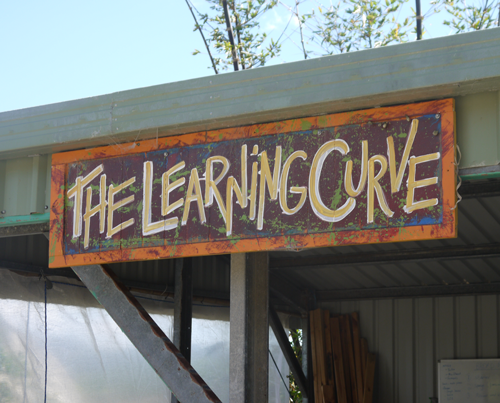 “Low skilled workers who have lost their jobs or people who’ve been unsuccessful in finding work often have limited access to suitable, low cost adult education programs,” according to Dr Tracey Ollis from Deakin University.
“Low skilled workers who have lost their jobs or people who’ve been unsuccessful in finding work often have limited access to suitable, low cost adult education programs,” according to Dr Tracey Ollis from Deakin University.
Dr Ollis, who is speaking at Adult Learning Australia’s 54th Conference in Hobart, will report on her research recently published in the Australian Journal of Adult Learning, which shows neighbourhood houses and community education centres are well positioned to take an increasingly important role in transitional education.
“Neighbourhood houses and community education centres are highly conducive for adult learners nervous about the prospect of returning to education. The flexibility of the learning environment, the non-hierarchical relationships between tutors and students, the use of small group work and individualised programs as well as the established practice of learning and social support are ideal conditions for second chance learners.”
“If you’re someone who had negative experiences of school or someone who has been away from it for a long time, the prospect of returning to some kind of retraining can be overwhelming,” Dr Ollis says.
‘Allan’, a former aircraft mechanic, agrees with this growing body of evidence. When he was retrenched after 37 years as an aircraft mechanic, the 54 year old was daunted by the prospect of retraining for a new job. He’d left school at 17 to take up an apprenticeship and regarded himself as a ‘hands-on’ rather than an academic learner. He was worried he’d be lost in the large classes at a TAFE college or university.
For ‘Allan’, the relaxed and supportive environment of his local neighbourhood house allowed him to flourish. He retrained as a youth worker, is now working full time and furthering his formal qualifications at TAFE.
The adult and community education sector has a proven track record in re-engaging people in education, enabling them to take the next steps on their path to further education and training.
“Neighbourhood houses and community learning centres are well-established and important spaces of social inclusion, connection, health and wellbeing and for learning throughout life,” says Dr Ollis.
Adult Learning Australia ’s 54th conference will explore the different ways equitable access to lifelong learning opportunities can change people’s lives. Other keynote speakers include prominent academic, poet and writer Dr Tony Birch; CEO of the Mental Health Commission Dr Peggy Brown, community-based adult education expert Dr Tony Brown and triple Aria Award winner Marcia Howard.
The Conference will also include presentations on successful adult learning initiatives that empower individuals, promote social equity and build learning communities and will explore strategies for working with a range of learners, including adults with low literacy, migrants, asylum seekers, Indigenous Australians, young people and people with mental health issues or disability
The ALA Conference Exploring possibilities: Changing Lives, in partnership with LINC Tasmania, will be held at the Hotel Grand Chancellor in Hobart on the 13–14 June 2017.
A copy of Dr Ollis’ research Second Chance Learning in Neighbourhood Houses can be accessed at https://www.ajal.net.au/
Call 03 9689 8623 for more details or for an interview with Dr Ollis. Download this press release.
